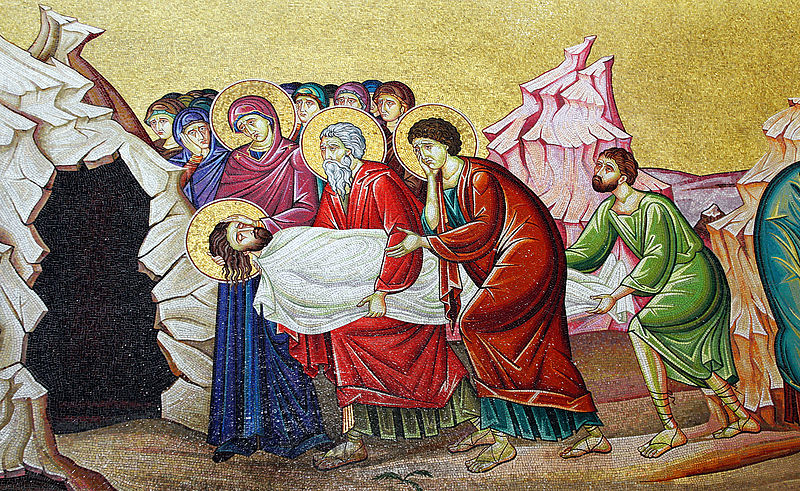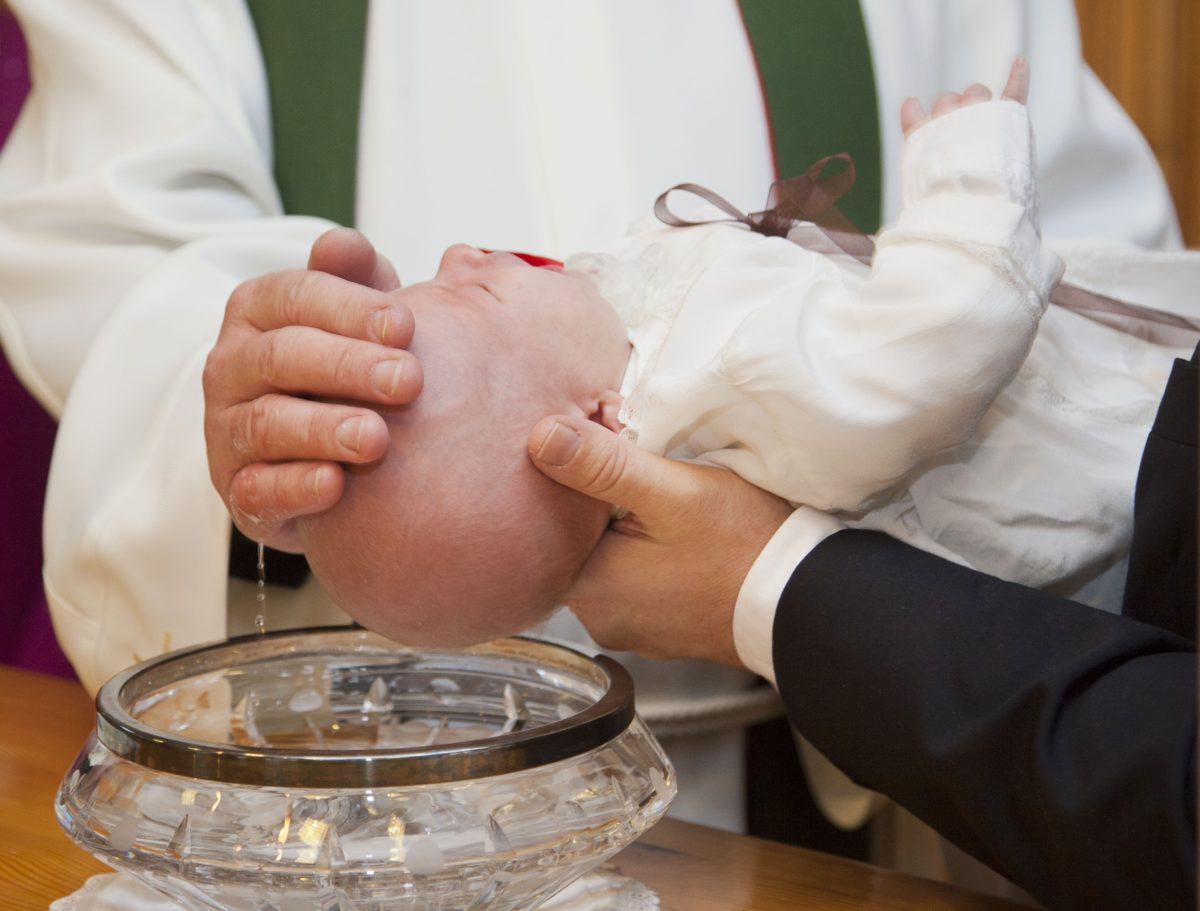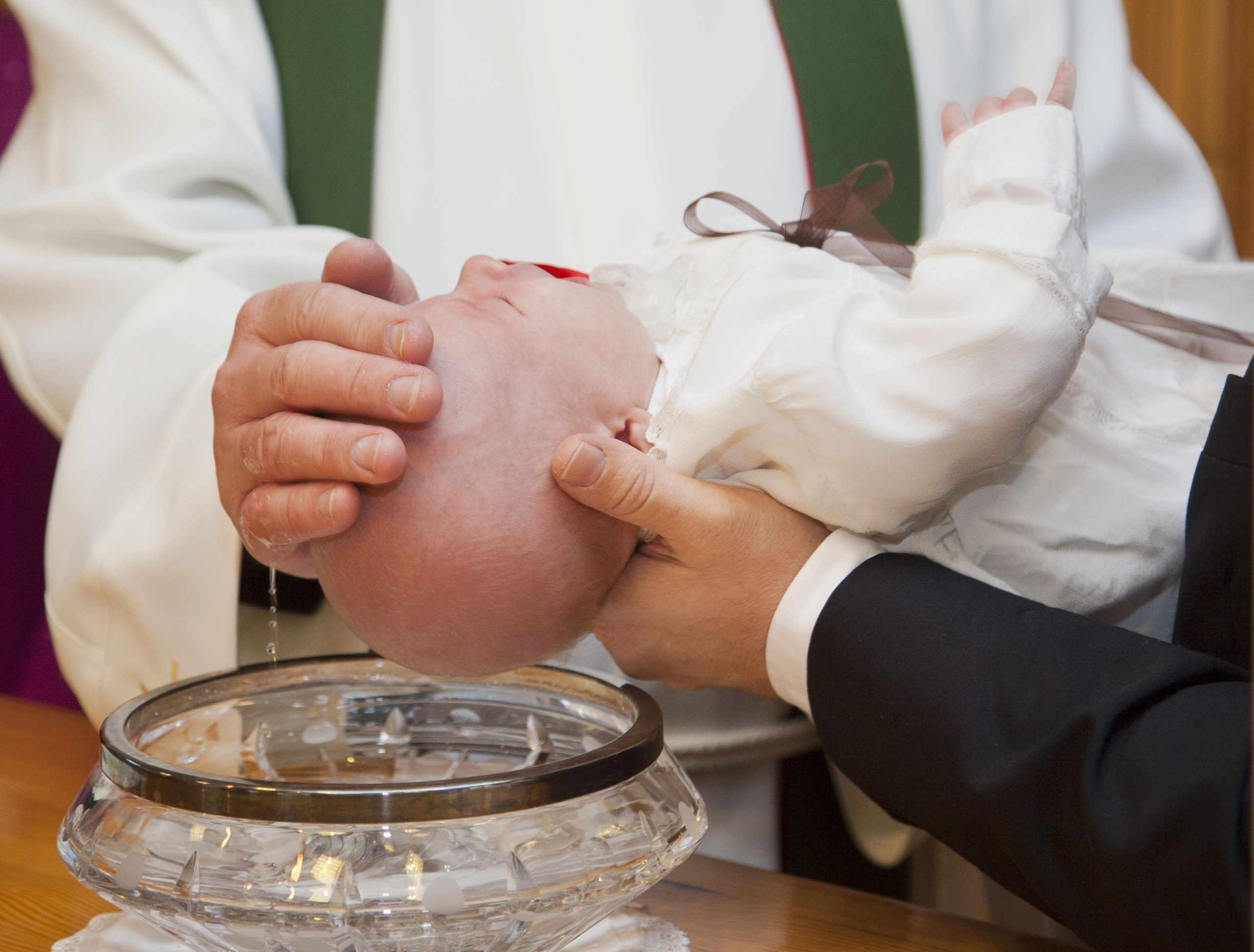Co-missioners,
Christ is risen indeed! So we heard on Sunday and will continue to hear for the next several weeks, with reminders aplenty to take this fact and put it present use.
This week we see Carol Braun doing precisely this in a meditation she offered at a midweek Lenten service last month. Her topic was baptism. Her text was Romans 6:1-11. Her words brought Easter joy to that valley of Lent. Down-to-earth, useful joy, as you’ll see.
A quick reminder: Carol is a spouse, mother, and teacher who lives in the Hudson Valley. She serves an international set of stellar high school students through online classes in math and physics.
Peace and Joy,
The Crossings Community
__________________________________________________________________
A Meditation on Baptism
by Carol Braun
When I started thinking about the role of baptism in my life for tonight’s reflection, I got to thinking about a way we have of talking about people. I see this kind of talk all over the place—in conversations, on the news, on social media. We say, “he’s a good person.” “She’s a good person.” And when we say it I think we always imply, at least tacitly, a contrast with other sorts of people who aren’t so good, who weren’t raised right, maybe, or who didn’t manage to absorb the right kinds of values, or who just had something off about them from the start.
And there’s also the impulse to say of oneself, at least tacitly, I’m a good person. So much energy gets spent every day on that struggle to present a good face to the world: I’m not perfect, sure, but hopefully these people around me can see that I’m basically good person. And I’m trying to raise my kids to be good people. (And it’s a good thing my kids save most of their really bad behavior for home, where they can’t be seen by people who might otherwise judge me a bad parent.) And sure, I dabble in a little sin on the side but you know, who doesn’t. All in all, at the end of the day, a good person.
Or, if that approach gets to be too much—if that struggle to present ourselves as a good person just isn’t working, then there’s another impulse: to hide away. It’s such a weight to feel the judgment of the people around us, and isolation can get pretty seductive. That’s something I learned during the most isolated parts of this pandemic. Easier to have nobody over to the house so they can’t see how messy it’s getting, right? And easier not to bump up against other people at all and have them see my flaws.
And yet—”I know my transgressions, and my sin is ever before me.” Even when there are no other judging eyes to see, our own eyes can’t deny what’s in front of them.
I hold my tongue and hope to project an air of wisdom but when I stop to think about it honestly, I know that my “secret heart,” as the psalmist says—the part of myself I try to hide away from the world—is far from wise.
And not just my secret heart but my words and my deeds too. Every day brings a list of things done and left undone that make me feel queasy when I stop to think about them. Same for all of us, I imagine.
So, then, the question is, what do we do with that realization? With that weight, and that queasy shame?
It seems easier not to think about it at all. To find some distraction. Set some goals for self-improvement, maybe, in areas we can control, and then try hard not to think about the ones that our miserable record of backsliding tells us we can’t control. (The ones that, to use the language of Romans 6, make slaves of us even as we try to fancy ourselves free.)
This is where the force of baptism comes through for us. It maps our life onto Christ’s life, and our story onto his. Our sinful self is drowned, daily, dying the death that Jesus died. And out of that death we arise new, every day, washed clean, resurrected along with Jesus’ resurrection.

Entombment mosaic
found on Wikipedia
This is the salvation we have through our baptism into Christ: we can face our list of sins each night or morning—face them for what they are, and feel sorrow over them, and know that the judgment we face for them is entirely justified. And then, crazy as it seems, we can be confident that, in God’s eyes, that old sinful self is dead and buried, crucified along with Jesus. We can toss off the weighty millstone of those sins, knowing that he has borne it for us already, all the way to the grave. And every day a new person can emerge from the waters. As the catechism says, daily that new person “is to come forth and rise up to live before God, in righteousness and purity forever.” This salvation is forever, and it’s not something we have to wait for in a far distant future. It’s a daily dip into an eternal state of being all right in God’s eyes. It frees us to stop shoving down our sins and pretending they don’t exist. It frees us to stop casting restlessly about for distractions from our shortcomings. And it frees us from the need to fence off the people around us into camps of the good people and the bad ones. It drives us to see each other instead as children of God, equally beloved and precious to him, equally the object of God’s fervent desire to draw us all to him in righteousness and purity forever.
May God send his Spirit into us today and every day to strengthen our trust in this promise into which our baptism has sealed us.
Thursday Theology: that the benefits of Christ be put to use
A publication of the Crossings Community






You must be logged in to post a comment.